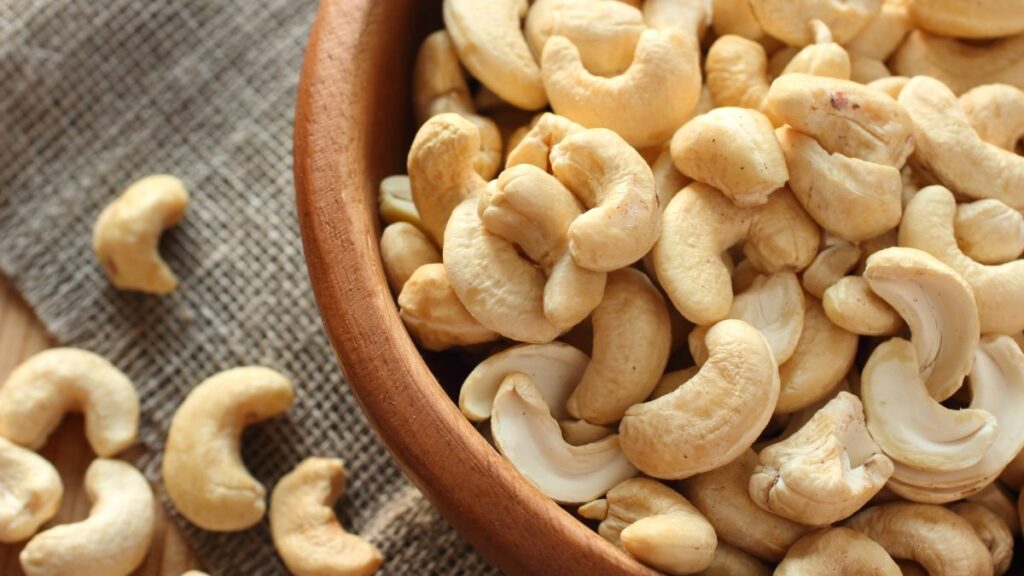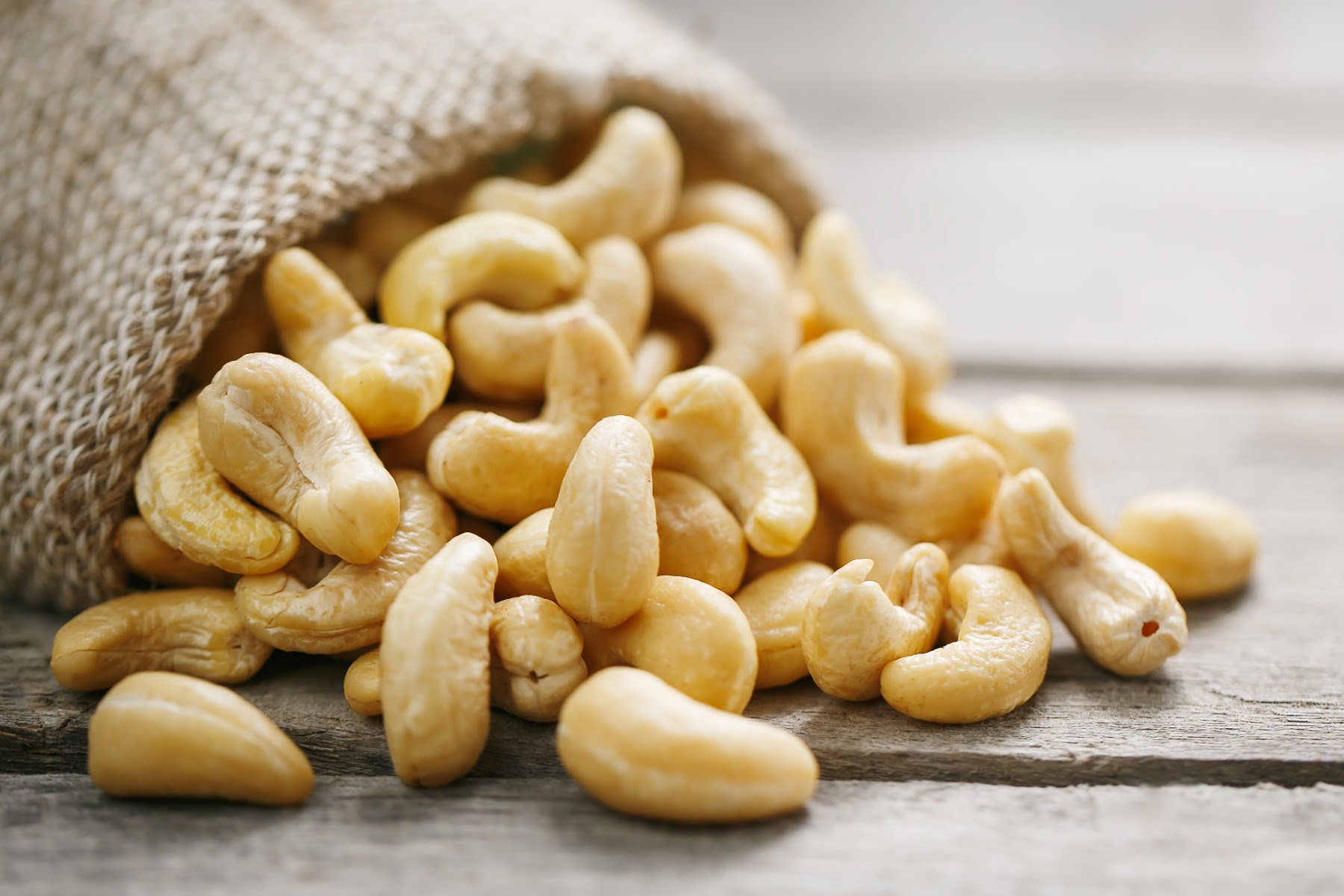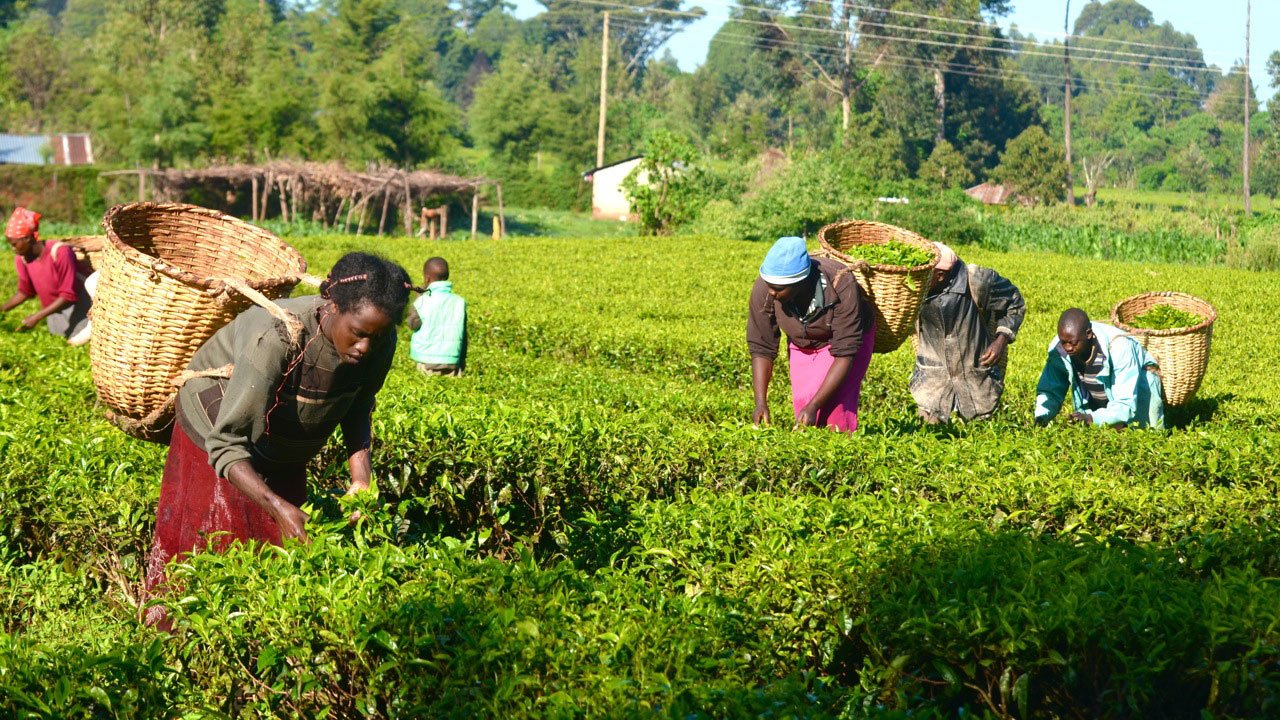Cashew nuts, scientifically known as Anacardium occidentale, have become a ubiquitous and beloved snack worldwide. However, the fascinating journey of cashew nuts from the humble farms to global exportation is a tale of agricultural ingenuity, economic impact, and international trade. In this article, we will delve into the intricate process of cashew nut production, exploring the various stages from farming to exportation.

- The Origin and Cultivation of Cashew Trees: The cashew tree, native to northeastern Brazil, has found a home in various tropical regions across the globe. Countries like India, Vietnam, Nigeria, and Ivory Coast are major contributors to the global cashew production. Cashew trees thrive in well-drained sandy soils with tropical climates, making them ideal for cultivation in these regions.Cashew cultivation typically involves a lengthy process, as the trees take several years to mature and start bearing fruit. Once the trees reach maturity, they produce cashew apples and nuts. The nuts, encased in a shell, are the primary focus of the cultivation process.
- Harvesting and Processing Cashew Nuts: The harvesting of cashew nuts is a meticulous process that requires precision and care. Farmers must wait for the right time when the cashew apples are ripe, indicating that the nuts inside the shells are ready for harvest. The manual harvesting process involves carefully plucking the cashew apples from the trees to avoid damaging the nuts.After harvesting, the next step involves separating the nut from the cashew apple and removing the outer shell. The nuts are then dried to reduce moisture content and facilitate storage. This process requires expertise to ensure the quality of the nuts, as any mishandling can affect the taste and texture of the final product.
- Quality Control and Grading: Quality control is a crucial aspect of cashew nut production. The nuts undergo rigorous grading based on size, color, and overall quality. Premium grades are often reserved for whole, unblemished nuts, while broken or discolored ones may be designated for lower-grade products or processing into cashew pieces.The grading process ensures that only the finest cashews make their way to the export market, meeting the stringent standards set by international buyers and maintaining the reputation of cashews as a premium snack.
- Processing and Value Addition: The processed cashew nuts undergo additional steps to enhance their market value. Roasting, salting, or flavoring are common techniques to add variety to the product. Additionally, the cashew industry has seen innovations with the introduction of organic and sustainably sourced cashews, catering to the growing demand for environmentally conscious products.Value addition not only diversifies the product range but also increases the profit margins for farmers and processors. As consumers become more discerning, the cashew industry adapts to meet the evolving preferences in taste, health, and ethical considerations.
- Exportation and Global Trade: Cashew nuts play a significant role in the global economy, with major exporting and importing countries involved in a complex web of trade relationships. India and Vietnam are among the top exporters, while the United States, Europe, and the Middle East are major importers of cashew nuts.The international trade of cashews involves various players, including farmers, processors, exporters, and importers. Strict adherence to international quality standards, packaging regulations, and timely delivery are crucial factors in maintaining the competitiveness of cashews in the global market.
- Economic Impact on Producing Countries: Cashew nut production has a profound economic impact on the countries involved in cultivation and export. In many developing nations, cashew farming provides a source of livelihood for numerous farmers and supports local economies. The industry contributes to job creation, infrastructure development, and poverty alleviation, making it a vital component of sustainable development.Additionally, the revenue generated from cashew exports contributes to national economies, helping countries diversify their income sources and reduce dependency on a few commodities.
Conclusion:
The journey of cashew nuts from farming to global exportation is a testament to the intricate and interconnected world of agriculture, trade, and economic development. From the cultivation of cashew trees to the meticulous processing, grading, and exportation, each step involves the expertise of numerous individuals and organizations.
As we savor the crunchy goodness of cashew nuts, it’s worth appreciating the dedication of farmers, the innovations in processing, and the complexities of global trade that make these delightful snacks available on a worldwide scale. The cashew industry not only brings pleasure to our taste buds but also leaves a lasting impact on the economies of producing nations and the intricate tapestry of international commerce.
Ajigofarms is a reliable global agricultural purchase sourcing with profound expertise in the manufacturing, and exportation of food crops. We are tested, and trusted suppliers of all kinds of cash crops and food crops. Our constant supply chain solution makes exporting easy, quick, and safe, we are identified with timeliness and meeting up with deadlines. Regardless of the region you are located in worldwide, you can reliably order your Agric products and be rest assured of successful delivery.




